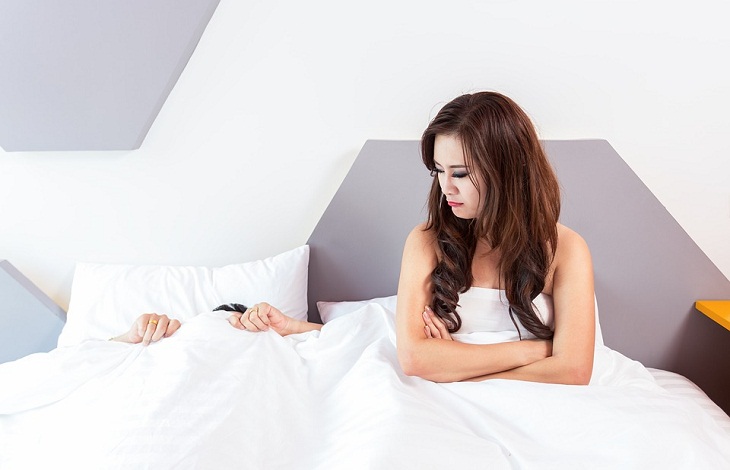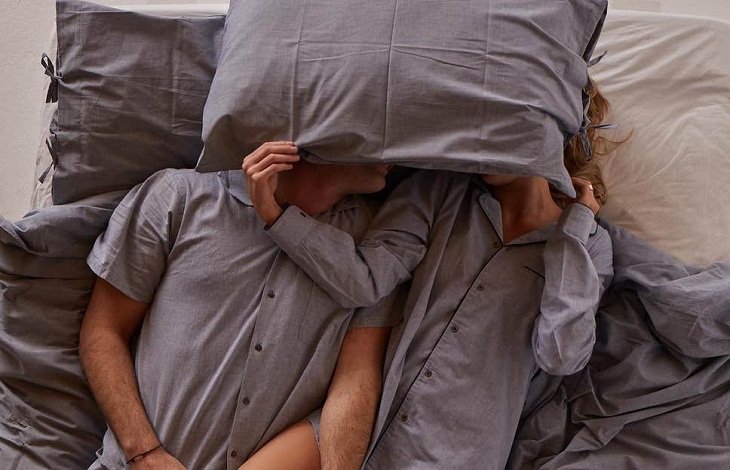Do you and your partner have HSDD
HSDD stands for Hypoactive Sexual Desire Disorder. It’s an affliction that affects women, though by extension it affects their partners as well. Diagnosing HSDD can be a challenge because on average, women have a lower libido than their partners. From a medical perspective, a woman is said to have HSDD when her condition causes her personal distress.
Ordinarily, if a woman wants to have sex less than her partner, it can be attributed to her having a lower sex drive. Men generally feel the need for sex every 72 hours. They may think about sex far more frequently, but studies show their biological compulsion for sexual expression is roughly once in three days.
For women, the occurrence is less. Most women only feel an active urge for sex when they are ovulating, which depending on their menstrual cycle, is roughly once a month. When partners are in a healthy relationship, they can and do have sex even when they’re not feeling actively sexual, or even if they have issues like premature ejaculation.
Partners who care about each other can use sex as a way to connect. They know how to get each other in the mood. This means, ideally, that the man will have intercourse more than once a month, because his partner will allow him to seduce her, and will enjoy the experience. For many women, emotional attraction is a big part of sex, so if she feels cared for and pampered, she is more likely to respond to her partner’s sexual overtures.
Even with all this in mind, if a woman consistently lacks interest in sex, it may still be within the normal sexual spectrum. But when her lack of interest begins to bother her, she can be diagnosed with HSDD. It may affect the way she sees herself, how she interacts with her partner and her overall quality of life.
HSDD can either be acquired or generalised. Acquired HSDD means she had a higher sex drive in the past but has lost her libido due to more recent events. These events might include having a baby, undergoing surgery, experiencing depression, or even sexual assault. They affect her sense of self, which makes it difficult to be a sensual being.
Lowered libido can also have medical causes, like menopause, or side effects of medication. Hormonal factors might be involved as well. The treatment depends on what caused the HSDD. First, it’s important to talk to a doctor to confirm whether it’s HSDD or simply a mismatch in libido. Our AMI doctors are always available for consultation.
Once the condition has been diagnosed, your doctor will explore the causes so that you can agree on the best form of treatment. If the HSDD is hormonal, she can receive hormone therapy in the form of oestrogen or progesterone. Some doctors suggest treating HSDD with testosterone, but it’s not sanctioned by the TGA (Therapeutic Goods Administration).
If the cause of her distress is psychological, a woman might benefit from sex counselling. She should attend with her partner so that they can work on their relationship together. It might also help to have frank sexual discussions at home so that she can figure out what the problem is and how they can work to fix it.





